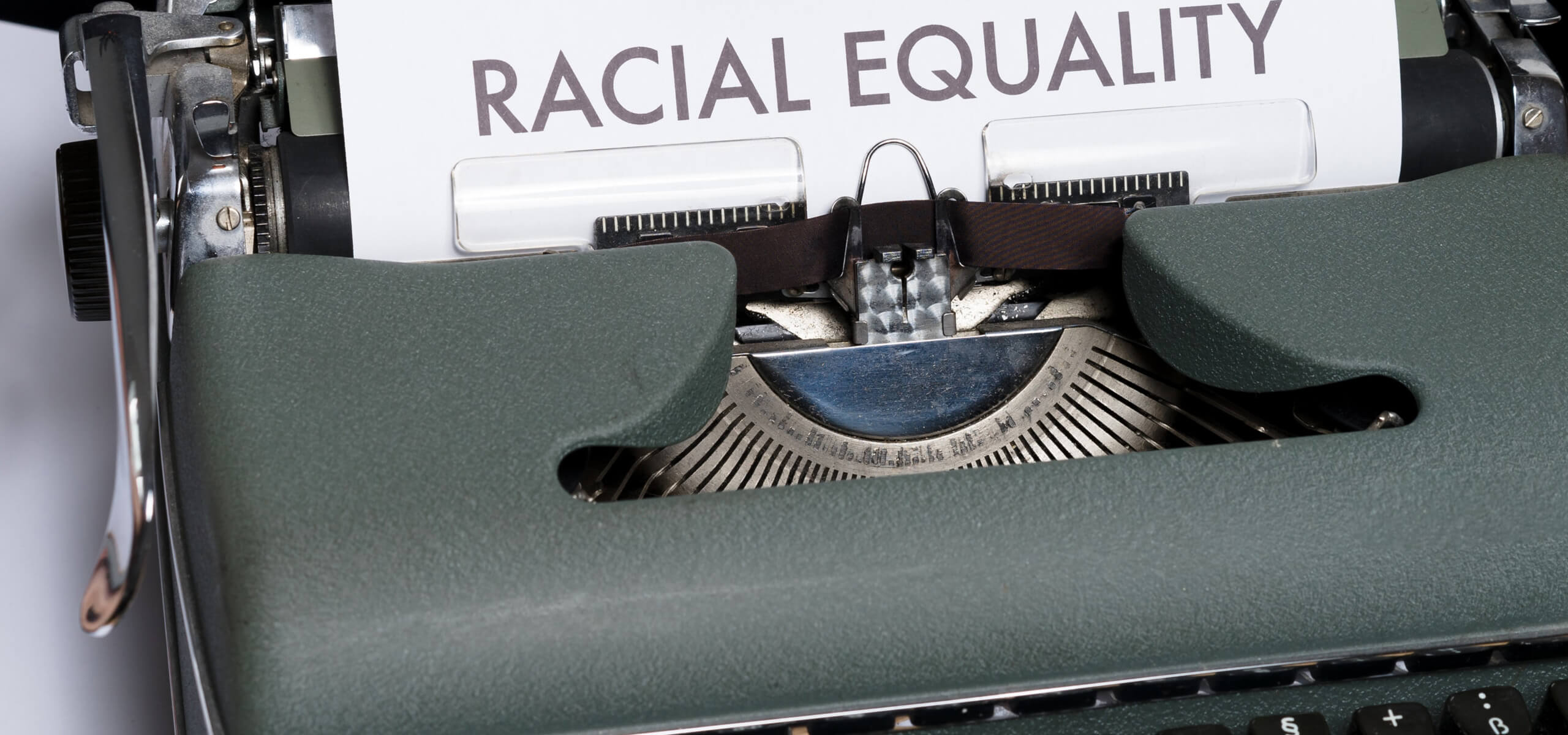Why women may feel a heightened sense of anxiety as we emerge from lockdown

The excitement I felt to be out with my friends this week enjoying an evening meal after months of lockdown quickly dissipated when I looked out at the dark sky and braced myself for the journey home. Promising to text when we got back safely and vigilantly tracking each-others journeys this reality is a feature of women’s everyday lives that I had forgotten over the lockdown period. Perhaps more sinister than simply being the fear of the unfamiliar, I think that it took this time away from public spaces, to realise how normalised my associated feelings of anxiety had become.
This lockdown period has vitally provided the opportunity for us to recognise that whilst living in the male gaze may feel normal to the 97% of women between 18-24 years old who report having experienced sexual harassment in public spaces, we can no longer allow this unjust fearfulness to be the ‘norm’.
The shocking murder of Sarah Everard has sparked necessary conversations about the sexism, misogyny and toxic masculinity which remain pervasive in our society. Perhaps the most powerful realisation brought by her murder was the fact that it challenged victim-blaming misconceptions, as Sarah was doing everything a woman is told they ‘should’ do to prevent male violence- avoiding dark alleyways and wearing colourful covered-up clothing. This victim-centred narrative had become comfortably entrenched in our society as it simultaneously allows women to rationalise attacks and obscures the guilt of male perpetrators. Whilst this story finally forced people to challenge their socially engrained sexist framing of male violence, I cannot help but wonder why it required the tragic murder of the ‘perfect victim’ to spark such a basic revelation? That said, what people have hopefully come to realise is that necessary change will come not from shielding our daughters but from educating our sons.
In this way the pandemic period of quiet reflection has facilitated some principal realisations, however, there is also a sense that lockdowns have created a heightened sense of anxiety amongst women and girls. With social media accounts such as everyone’s invited sharing poignant testimonies exposing rape culture, and newspaper reports exposing disturbing statistics, women’s fears are consistently reinforced. Simultaneously, as lockdown has restricted us all to the confines of our homes, our imagination of the danger awaiting in the public sphere has only escalated. These patriarchal narratives of spatialised fear are not new but take root in people’s minds due to an engrained understanding that women are safest in the sanctuary of the domestic sphere. Whilst this safety may be statistically paradoxical, with women facing a greater threat from domestic abuse within their homes, these historically entrenched narratives are perpetuated by stories which continue to inform women’s anxieties about returning to the streets. Ultimately, in order to tackle this injustice and prevent fear from creating a state of paralysis, we must find strength together to boldly reclaim our basic right to safety in public spaces. This movement must be intersectional, appreciating how vulnerability is determined not only by sex but also on the basis of race, sexuality, gender, class, religion and disability.
Theories of psychology may here help explain why these feelings of fear have been compounded by lockdown. Indeed, whilst Covid-19 restrictions have prevented women from facing their fears, horror-stories of violence and vulnerability have materially constructed a threatening image of the public sphere.
Unfortunately, the solution to this fear lies only in the eradication of male violence and harassment which will inherently be gradual, as the task requires nothing less than the total deconstruction of the patriarchy. Whilst we of course all want a quick fix to this tragic injustice, it is clear that Conservative proposals to increase surveillance and policing are crucially missing the point, failing to confront the deep-rooted societal issue of gender inequality. I believe that we would do better to use this moment of lifting lockdown, as an opportunity to thoughtfully consider the kind of ‘normality’ we want to return to; to question normative thinking and challenge internalised sexism. Ultimately, constructing a safe and inclusive environment for all people is something which we must each actively pursue in the small actions and interactions of the everyday.

